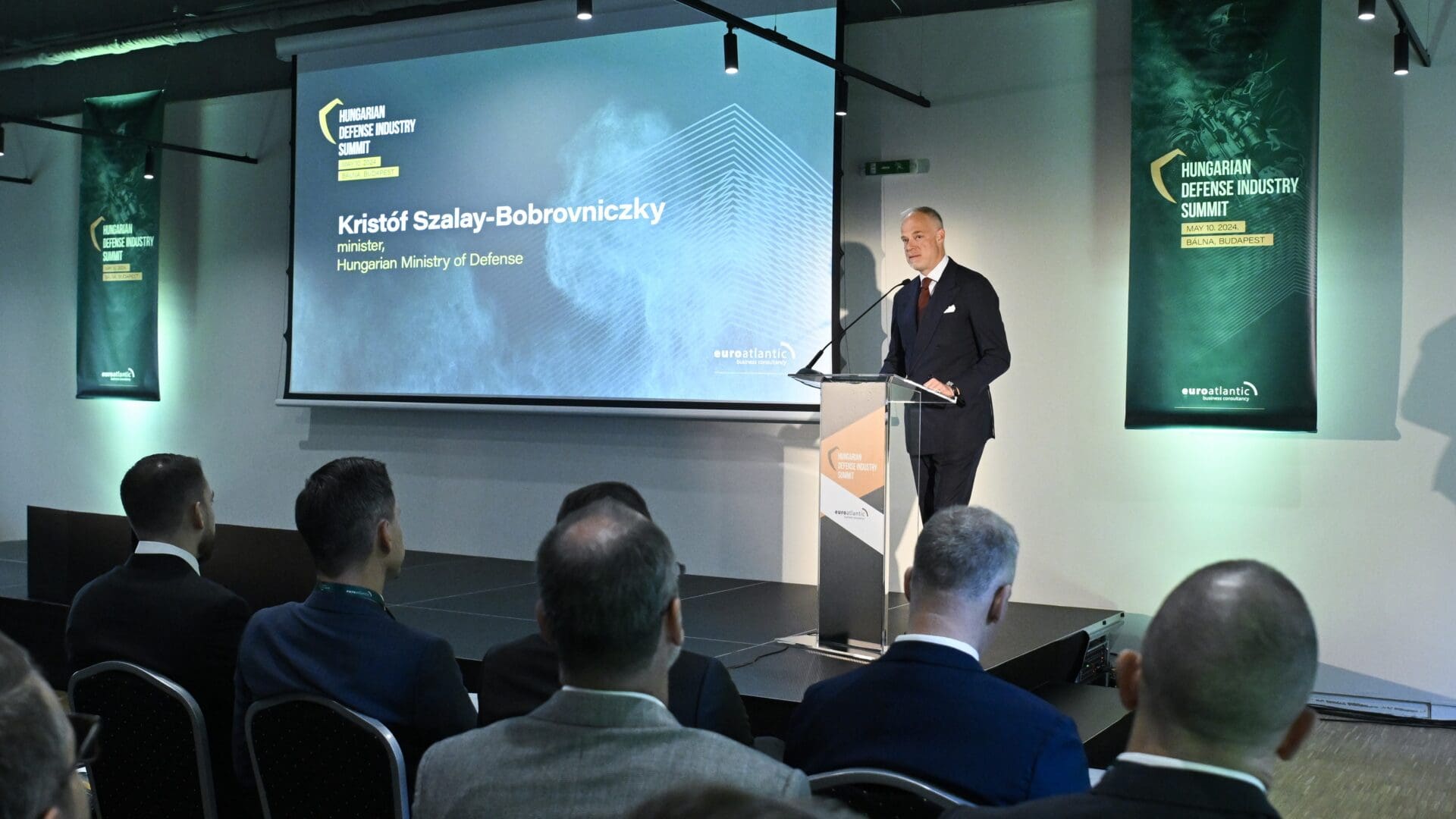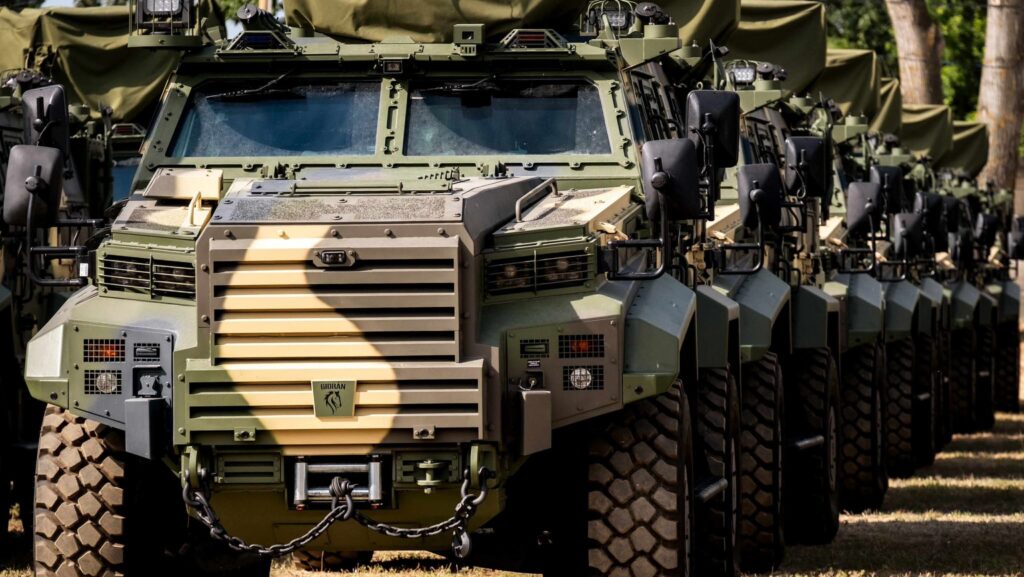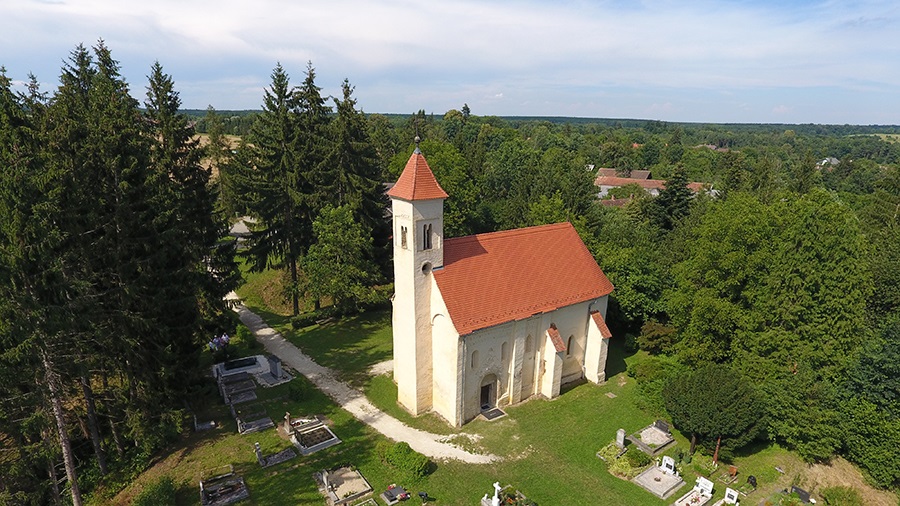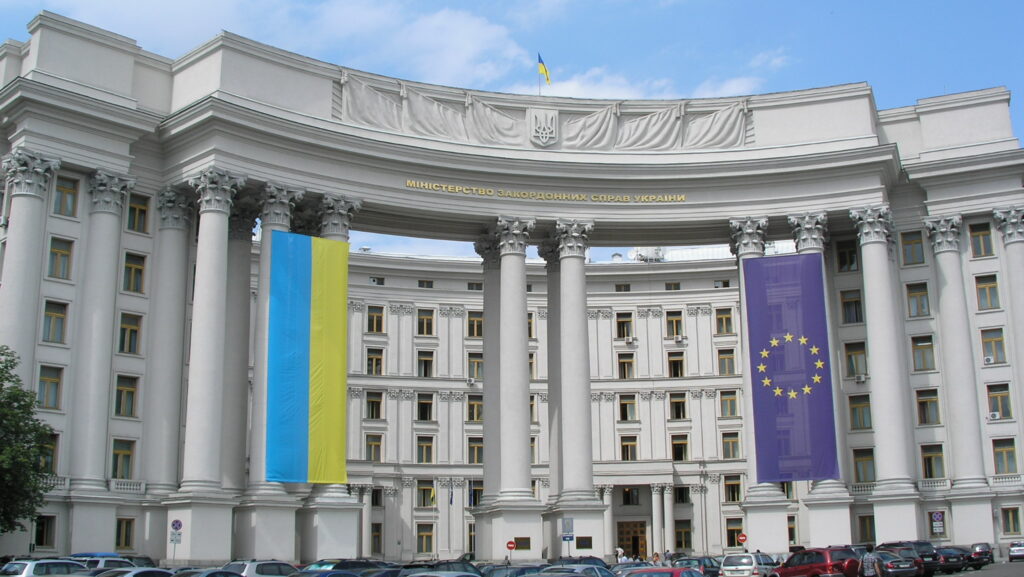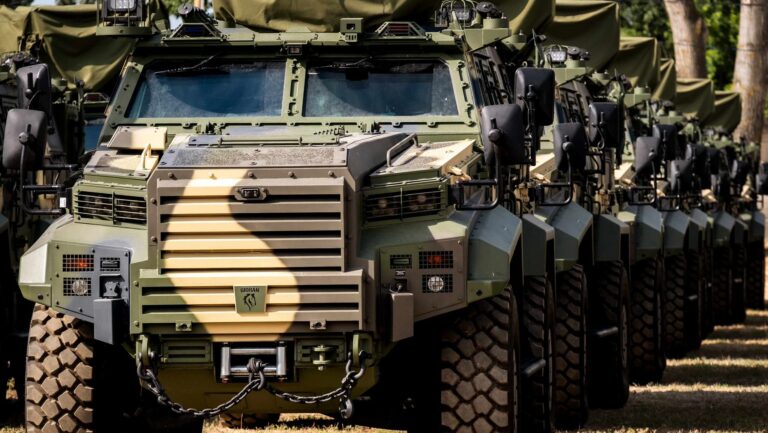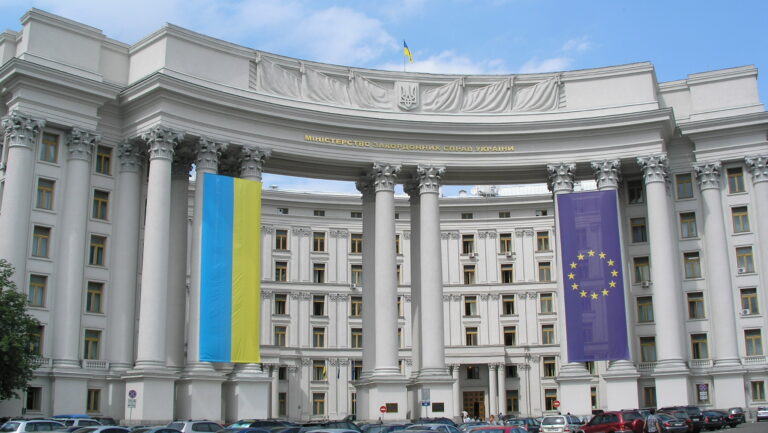Hungary has begun rebuilding its defence industry in a timely manner and along an appropriate strategy, stated Minister of Defence Kristóf Szalay-Bobrovniczky on Friday at the Hungarian Defense Industry Summit held at the Bálna Defence Centre.
The minister recalled that the world has been facing direct threats of war for the past two years, and the renewed global competition among major powers has fundamentally changed the relationship between governments and citizens regarding security. He added that an increasing number of states are raising their defence expenditures, but Hungary already reached the NATO-required level of 2 per cent of GDP last year. He emphasized that Hungary recognized the importance of military development after the change of government in 2010, realizing that it cannot exist independently without a defence industry providing support for military sovereignty.
Szalay-Bobrovniczky highlighted that this is crucial because
through accessing export markets, the defence industry can become a new engine for the Hungarian economy.
He added that the goal of the government is to generate an increasingly larger proportion of GDP from the defence industry.
He recalled that within just a few years, operational and productive defence industry factories have emerged almost from nothing. Lynx tanks are produced in Zalaegerszeg, firearms are manufactured in Kiskunfélegyháza, Airbus helicopter components are made in Gyula, an ammunition factory is being built in Várpalota, the integration of the Gidrán combat vehicle is underway in Kaposvár, and the base vehicle will soon be manufactured in Győr. Szalay-Bobrovniczky referred to it as a key task of the government to create conditions in which domestic businesses can increasingly participate in defence industry production.
In his welcome speech, Tamás Fellegi, the founding president of EuroAtlantic Ltd, the organizer of the conference, and former Minister of National Development, spoke about the disappearance of the geopolitical order inherited from the 20th century, making way for a 21st-century order in which warfare is dramatically transformed,
placing radically new quantitative and qualitative demands on the players of the defence industry.
He remarked that by the 2020s the situation was ripe for the transformation of the defence industry and its underlying research, innovation, and technological base.
Fellegi also noted the importance of adopting the European defence strategy, aimed at strengthening the competitiveness and readiness of the European defence industry, which has been underfunded and fragmented for many years. He believed that increasing the defence readiness of member states and the EU will directly strengthen NATO as well.
Related articles:

